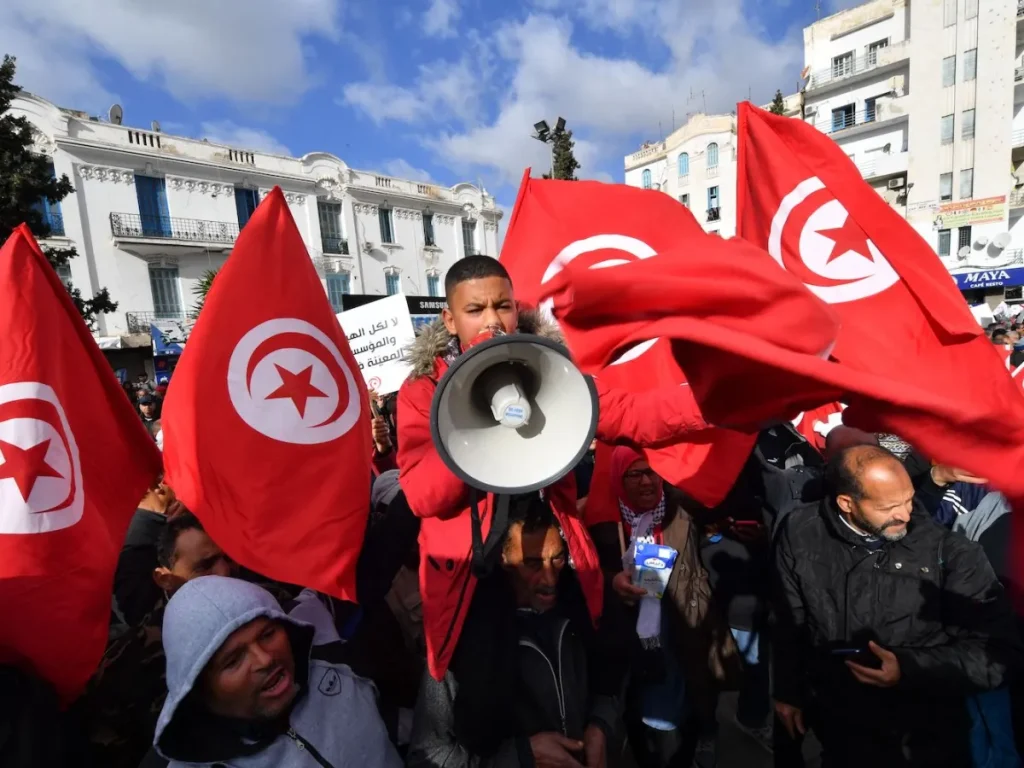Tunisia’s electoral authority, Independent High Authority for Elections (ISIE), has confirmed that it approved only three candidates for the upcoming presidential election on October 6, despite court rulings that reinstated three previously rejected hopefuls.
The controversy began when ISIE initially disqualified 14 potential contenders last month, citing insufficient endorsements, including three who successfully appealed the decision in court last week. The administrative court declared the verdicts “definitive,” but ISIE has refused to comply.
Farouk Bouasker, ISIE’s chief, stated that the board’s original list of candidates is definitive and not subject to appeal. He argued that the administrative court failed to communicate its rulings within the legally required 48-hour timeframe.
This decision effectively limits the election to just three candidates: incumbent President Kais Saied, former parliamentarian Zouhair Maghzaoui, and businessman Ayachi Zammel. Saied, who was elected in 2019, remains the frontrunner after consolidating power in 2021.
Zammel, however, was arrested on Monday on charges of forging ballot endorsements, adding to concerns about the fairness of the upcoming election. His arrest follows the detention of his party’s treasurer on similar charges a month earlier.
The decision by ISIE has sparked backlash from political figures and civil society groups, who argue that the exclusion of candidates undermines the integrity of the electoral process. A petition signed by prominent Tunisians called on ISIE to respect the court’s rulings and ensure a transparent election.
Hatem Nafti, a political commentator, criticized the decision, saying it demonstrates that there is no longer any rule of law in Tunisia under Saied’s rule. Others, like political scientist Isabelle Werenfels, believe the dispute between ISIE and the court reveals deeper divisions within Tunisia’s elite.
As Tunisia heads towards the election amid growing repression, the international community and human rights organizations continue to monitor the situation closely.

